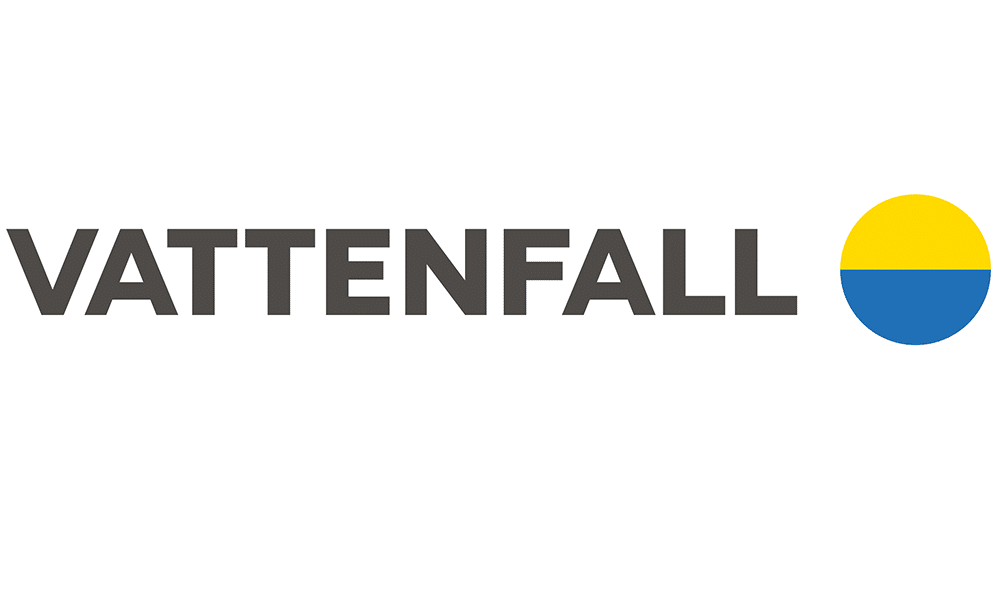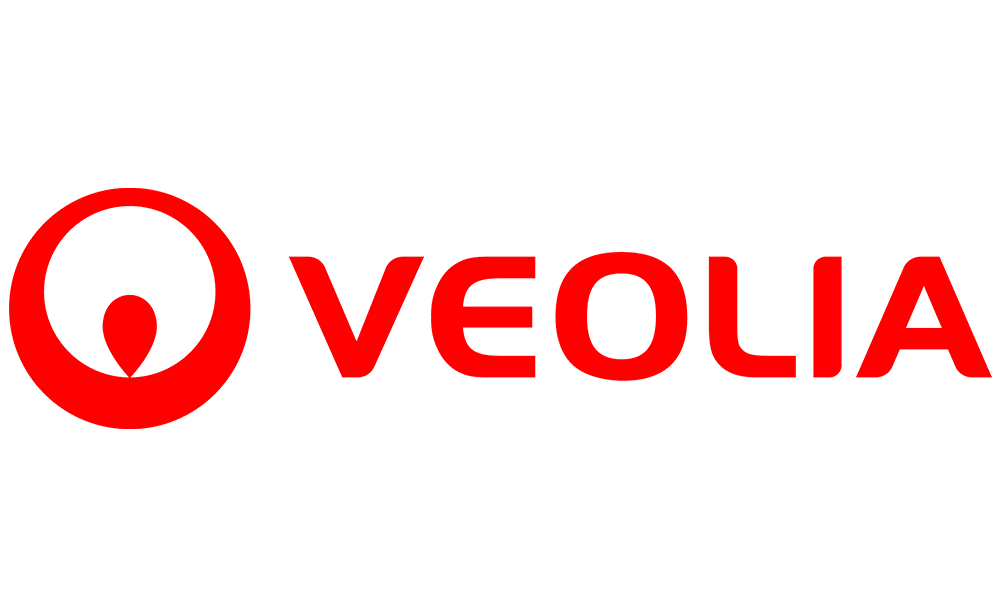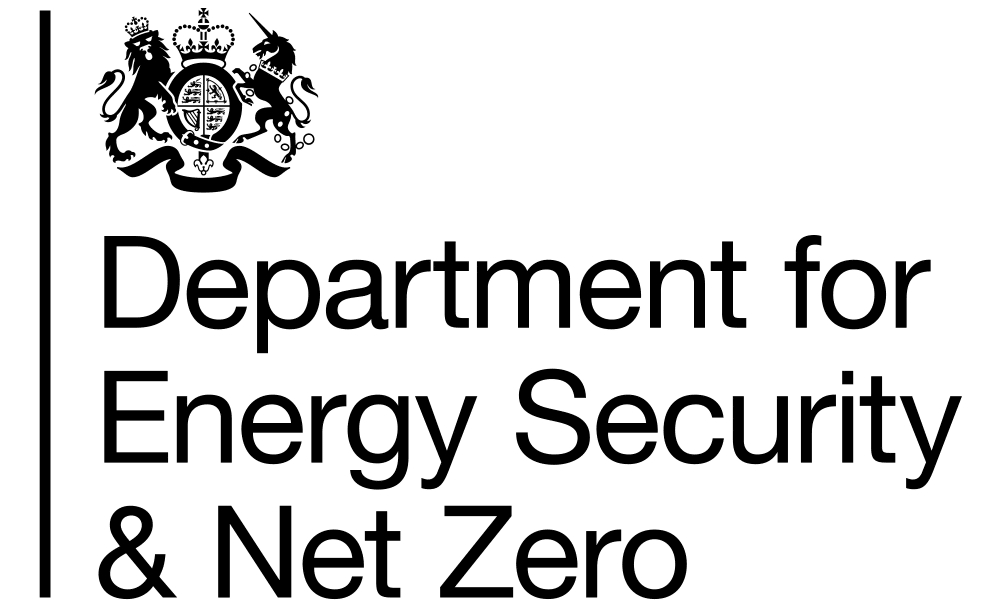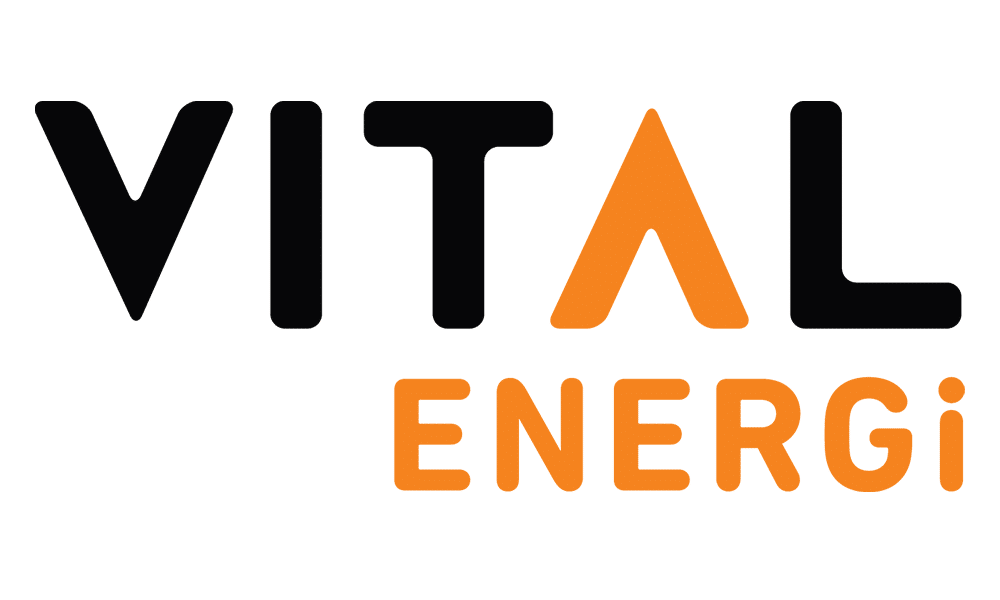The Heat Networks
Industry Council
Supporting the growth of the heat network sector to achieve our net zero targets
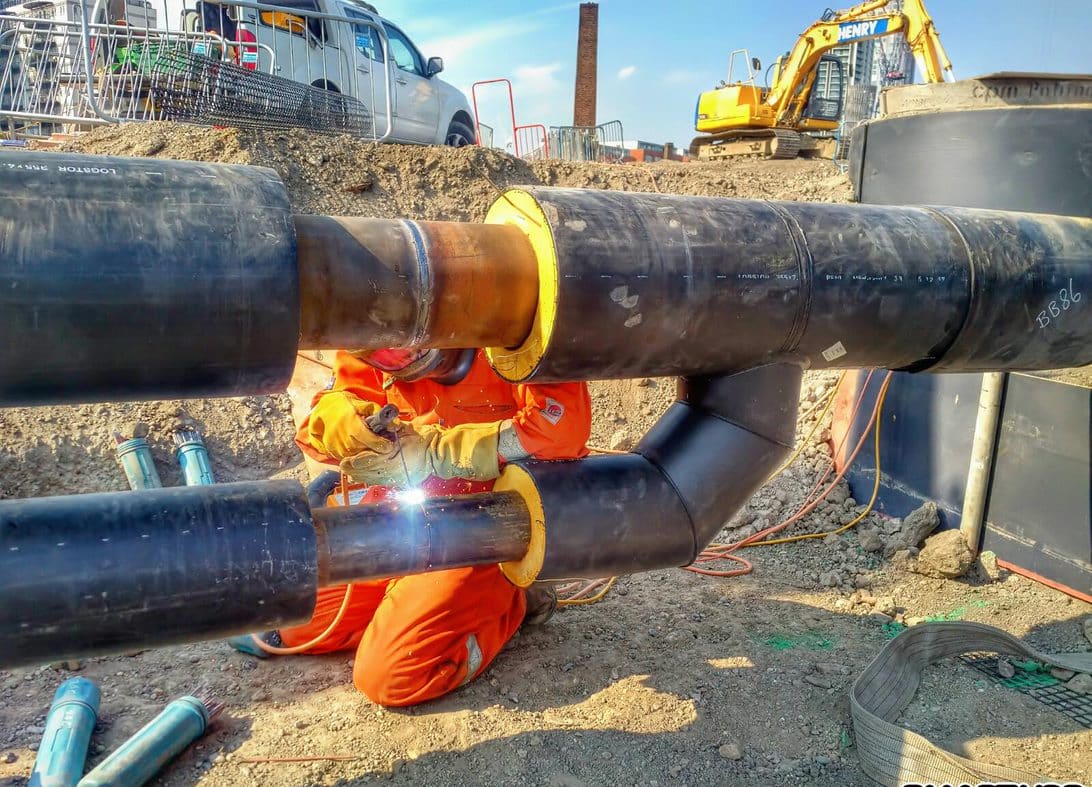
The Heat Networks Industry Council (HeatNIC) is a joint industry and Government forum that exists to grow the low-carbon heat network sector and help deliver long-term transformation of the UK energy system.
Industry members committed to investing in the growth of the sector have come together with representatives from the Department for Energy Security and Net Zero and the Minister for Energy Efficiency and Green Finance to ensure that heat networks can play a pivotal role in meeting our net zero targets.
Deliver reliable, affordable, low-carbon heating
At a time when we are asking more questions about the future of energy in the UK, heat networks are a big part of the answer. The Committee on Climate Change predicts that heat networks will need to provide about 20% of total heat by 2050 to deliver net zero. They currently provide about 2 – 3%.
£60-£80 billion investment
Delivering the 20% that target will require £60 – £80 billion of investment and create about 30,000 jobs across the UK. This is a significant investment and job creation opportunity and the largest heat network investment opportunity in Europe.
The Council aims to…
- Deliver 45TWh of new heat networks by 2030, and 80 TWh by 2050.
- Deliver £20billion of investment by 2030, and £60 – £80 billion by 2050.
- Improve the diversity of the workforce and increase the number of skilled workers.
What we do
Cost of heat
While many heat networks are currently powered by gas, they can be converted to run on low carbon sources. However, to be competitive for consumers, heat networks that are powered by electricity must provide heat at a price comparable to other heating solutions, such as individual boilers.
This project seeks to identify how modern heat networks can make a significant cost-competitive contribution to decarbonising heat in buildings; highlight the structural barriers which are currently preventing this from happening at the required scale; and analyse potential interventions to address these barriers.
Routes to market
There are various options for the development, delivery, and ownership of heat networks, with varying levels of Local Authority involvement. Ahead of the introduction of heat network zoning this project was convened to identify the best options to get heat networks into delivery that would:
– Help bring projects to market more quickly.
– Remove inefficiencies and barriers in procurement processes.
– Provide alternative delivery routes for various types of heat networks.
Skills
Achieving the pace and scale of growth in the number of Heat Networks needed will require attracting and developing new skills and talent. While many organisations have in house training offers there is little co-ordinated action on skills taking place across the sector.
This project seeks to identify areas where more co-ordinated activity can take place such as identifying and codifying the current training available; developing a widely recognised Apprenticeship and increasing the number of apprenticeships available and carrying out a regular survey of the skills needs and gaps of the sector. In May 2024, HeatNic launched its second skills and workforce survey. Results will be published after the survey closes later in the summer. You can view the results of the inaugural survey from 2022 here.
Consumer choice
Most of the problems causing customer dissatisfaction with heat networks tend to be associated with unreliable supply of heat to end consumers. Unlike other sources of heating, consumers do not have currently have the option to switch supplier should they experience a bad service.
The report looked into the viability of whether consumers receiving heat through a communal heating system should be able to change the company responsible for the supply of their heating. It also considered the potential benefits as well as the barriers to introducing such a system.
Meet the Board
Our Mission is to champion heat networks as a key option to decarbonise heating, to remove barriers to investment and support the development of a diverse and skilled workforce.

John Marsh
Chief Executive Officer
Having started his career as a student electrical…

John Abraham
Chief Operating Officer
With over 30 years of engineering and management…

Jenny Curtis
Managing Director
Jenny is a highly experienced professional with a…
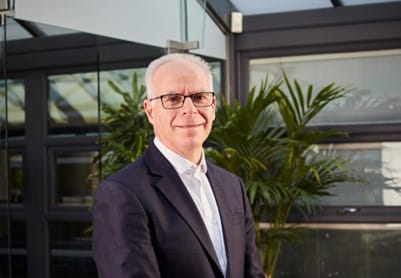
Nick Gosling
Chief Strategy Officer
Nick has worked in the energy sector for…

Richard Harrison
Chief Executive Officer
Richard Harrison is CEO of Switch2 Energy, the…

Toby Heysham
Chief Executive Officer
Toby is the CEO of Hemiko (formerly Pinnacle…
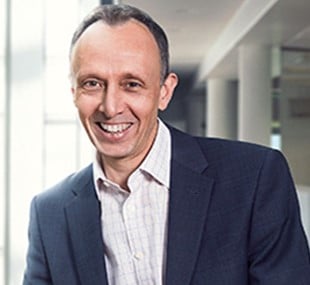
Chris Lovatt
Chief Operating Officer
Chris has spent 30 years working in major…

Mark Raymond
Managing Director - Urban Energy
Mark has over 15 years of experience leading…
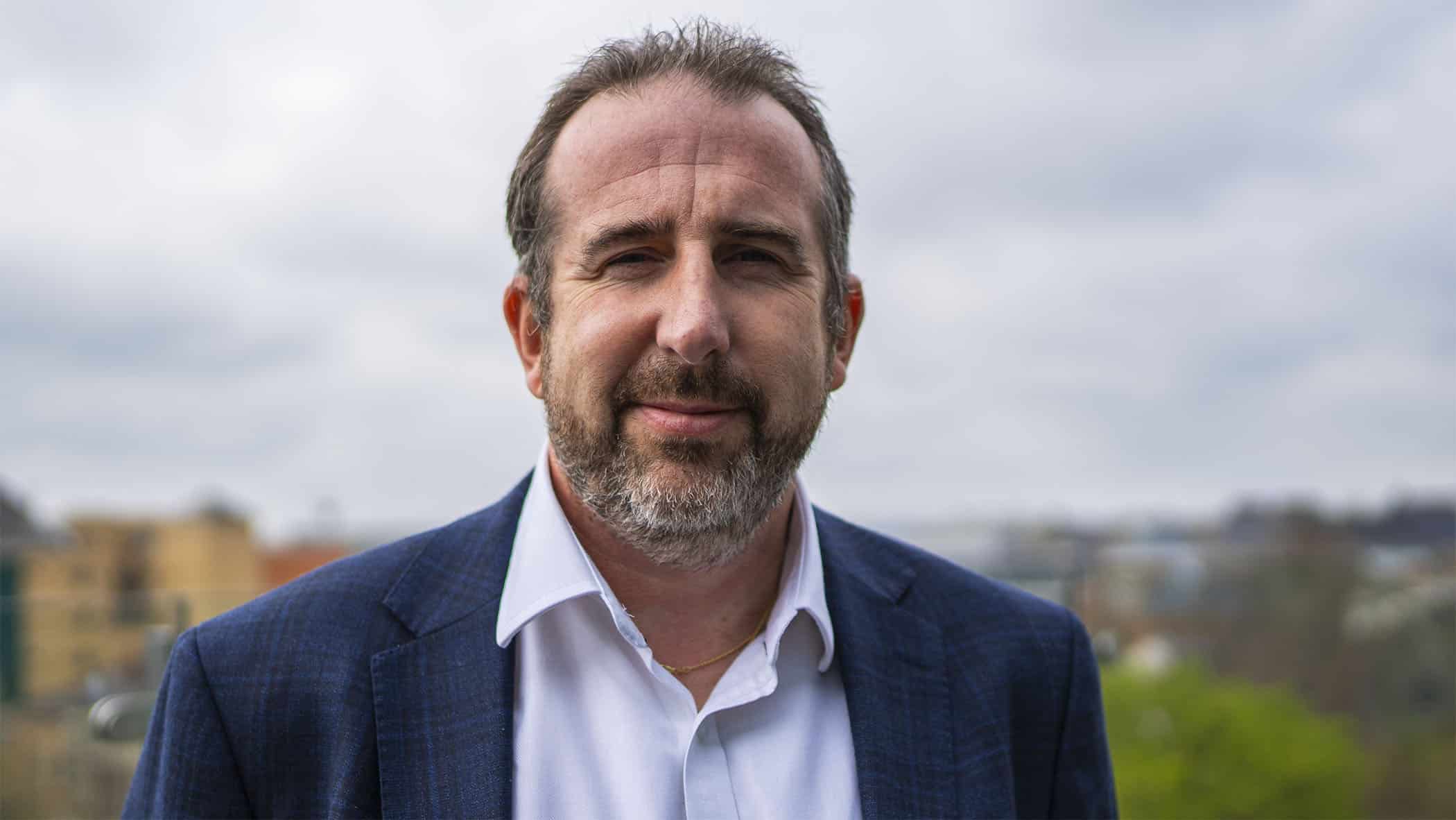
Nathan Sanders
Managing Director
Nathan Sanders started his career with SSE over…

Caroline Bragg
Chief Executive Officer
Caroline has worked in the energy sector for…
Our members
Our members represent the key foundations of the heat network sector and already provide heat to hundreds of thousands of homes and buildings throughout the UK.








